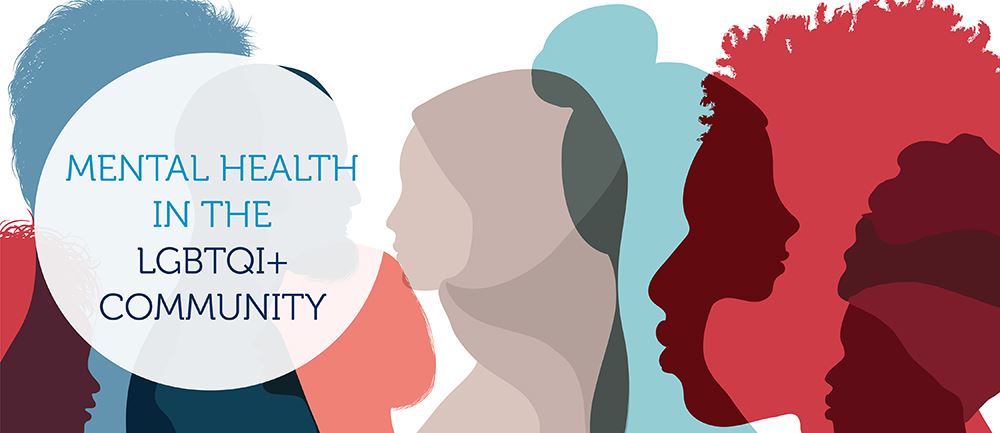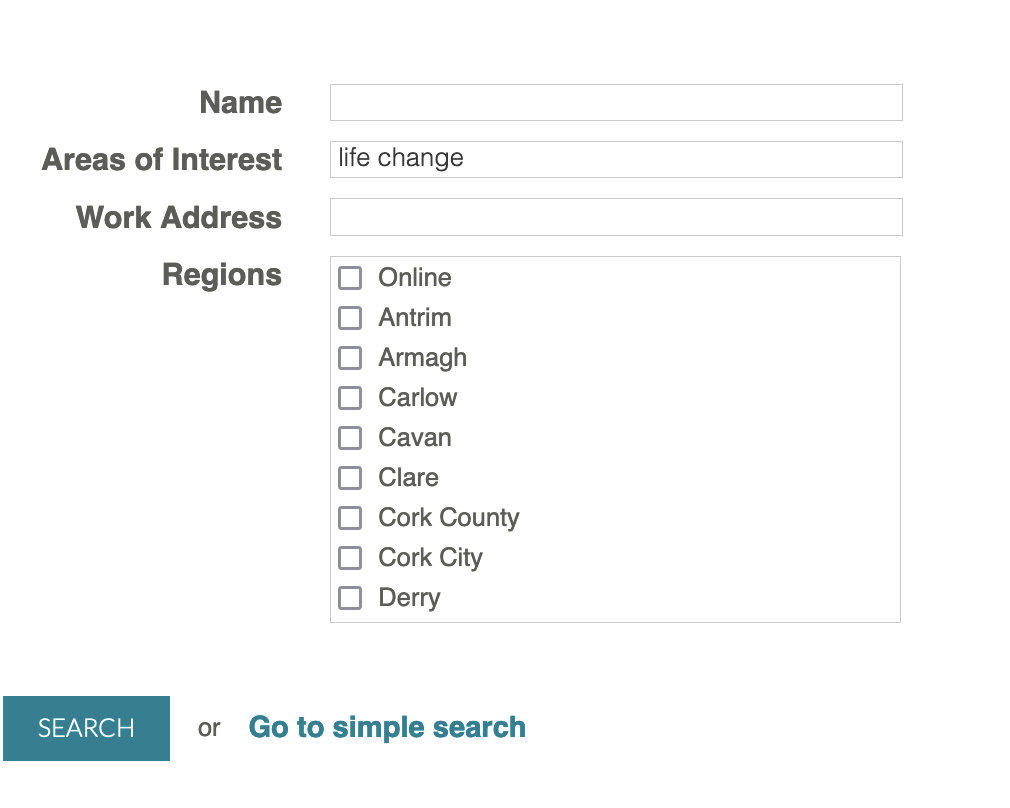
When it came to accessing mental health services, LGBTQI+ specific barriers included concerns around a lack of understanding of LGBTQI+ identities, language, terminology by practitioners and a fear that the person’s LGBTI identity would be seen as the problem.
With significant challenges facing the many in this community, it is important to highlight that there are psychotherapists who specialise in this area and have the knowledge to understand and help LGBTQI+ people with the issues that they are facing. They can provide support and help address the issues raised in the report including stress, anxiety, depression and suicidal thoughts, as well as helping individuals develop coping strategies to manage stressors related to their gender identity.
Psychotherapy can play an important role in helping individuals who are navigating gender diversity by providing a safe and supportive space to explore and express their gender identity without fear of judgment or discrimination. It can help people to identify and process any internalised biases or negative beliefs about their gender identity, and provide tools and resources to help them navigate challenges that may arise.
Psychotherapists can help individuals communicate with family members, partners, friends, and others about their gender identity and / or sexuality. This may include providing guidance on how to have difficult conversations, offering support during the coming out process, and providing resources to help individuals connect with others in the gender-diverse community.
A Range Of Experts Available To You
IAHIP Psychotherapists are trained to help people within the LGBTQI+ community to deal with any mental health issues that they might be experiencing. You can search the IAHIP Psychotherapist Directory for this particular issue or any of the issues that may have developed from these changes.
On the Directory page, simply type ‘LGBTQI+’ into the ‘Areas of Interest’ Box:

Additional Resources
For more information on Trauma, you can access articles from our professional journal - Inside Out. Go to the top left of this website page and enter ‘LGBTQI+’ into the search box.
LGBTIreland Report 2022 - click here to access >>

